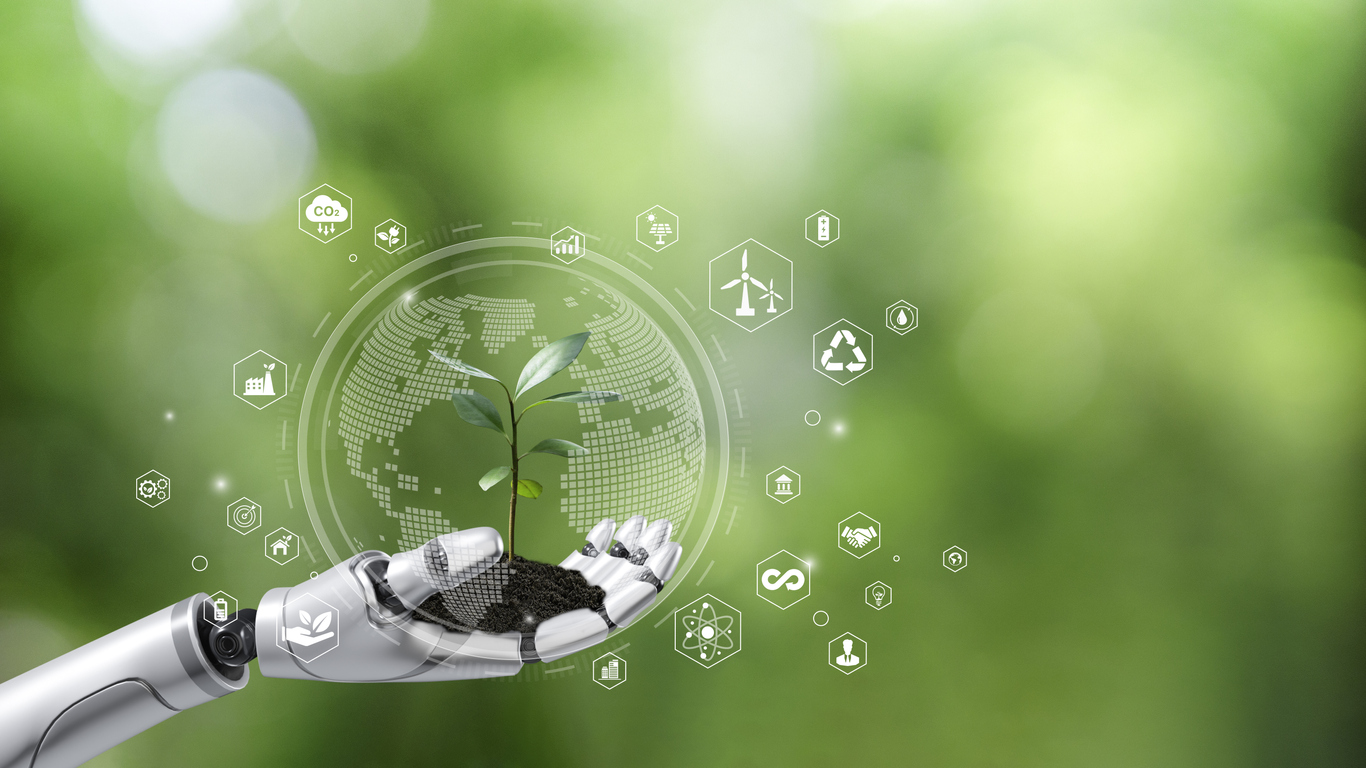Five large collaborative research projects joining AI and material science have been approved funding. Together, the projects receive 100 MSEK.
The WASP-WISE NEST is a new initiative in collaborative research focusing on Novelty, Excellence, Synergy, and Teams (NEST). These large, joint projects span the thematic profiles of both WISE and WASP, addressing strategic, high-priority research challenges with international impact and visibility.
The call, announced in fall 2024, received 28 applications, of which five projects now have been approved for funding. The total funding for this call reaches 100 MSEK where 50 MSEK comes from WASP and 50 MSEK from WISE.
Amy Loutfi, WASP Program Director, acknowledges the importance of multi-disciplinary research:
“We are excited to see the collaboration between WASP and WISE growing stronger. This partnership is pivotal in AI for science and ultimately gaining high impact for society. By working together, we can leverage our combined expertise to drive innovation and achieve breakthroughs that would be impossible alone.”
Magnus Berggren and Olle Ericsson, Directors of WISE, said:
“We are especially happy to find that many of the involved PIs of granted NESTs, have successfully explored interesting research questions in previous WASP-WISE pilot projects. Also, the granted projects cover a broad range of materials science questions and thematic areas in sustainability, with exciting opportunities both in materials science as well as in WASP related research.”
The aim of the NEST-projects is to continue the collaboration between WASP and WISE in the areas of AI, autonomous systems, and software and material science for sustainability in challenging research questions that require multidisciplinary efforts.
Approved projects
RAM^3: Unlocking the Potential of Recycled Aluminium through Machine Learning, High-Throughput Microanalysis, and Computational Mechanics
Fang Liu (CTH), Fredrik Kahl (CTH)
Accelerated design of functional 2D materials by leveraging foundation models in a closed-loop approach (2DFound)
Johanna Rosén (LiU), Michael Felsberg (LiU)
InBio: AI-enabled design of functional protein-semiconductor periodic nanostructures for the circular economy
Ingemar André (LU), Heiner Linke (LU)
Solid Polymer ElectrolytE Discovery (SPEED)
Chao Zhang (UU), Rocío Mercado (CTH)
Brain Inspired AI Design of Topological Magnets for Sustainable Computing
Maryna Pankratova (UU), Pawel Andrzej Herman (KTH)
CTH – Chalmers University of Technology
LiU – Linköping University
LU – Lund University
UU – Uppsala University
KTH – KTH Royal Institute of Technology
Published: April 29th, 2025
[addtoany]


